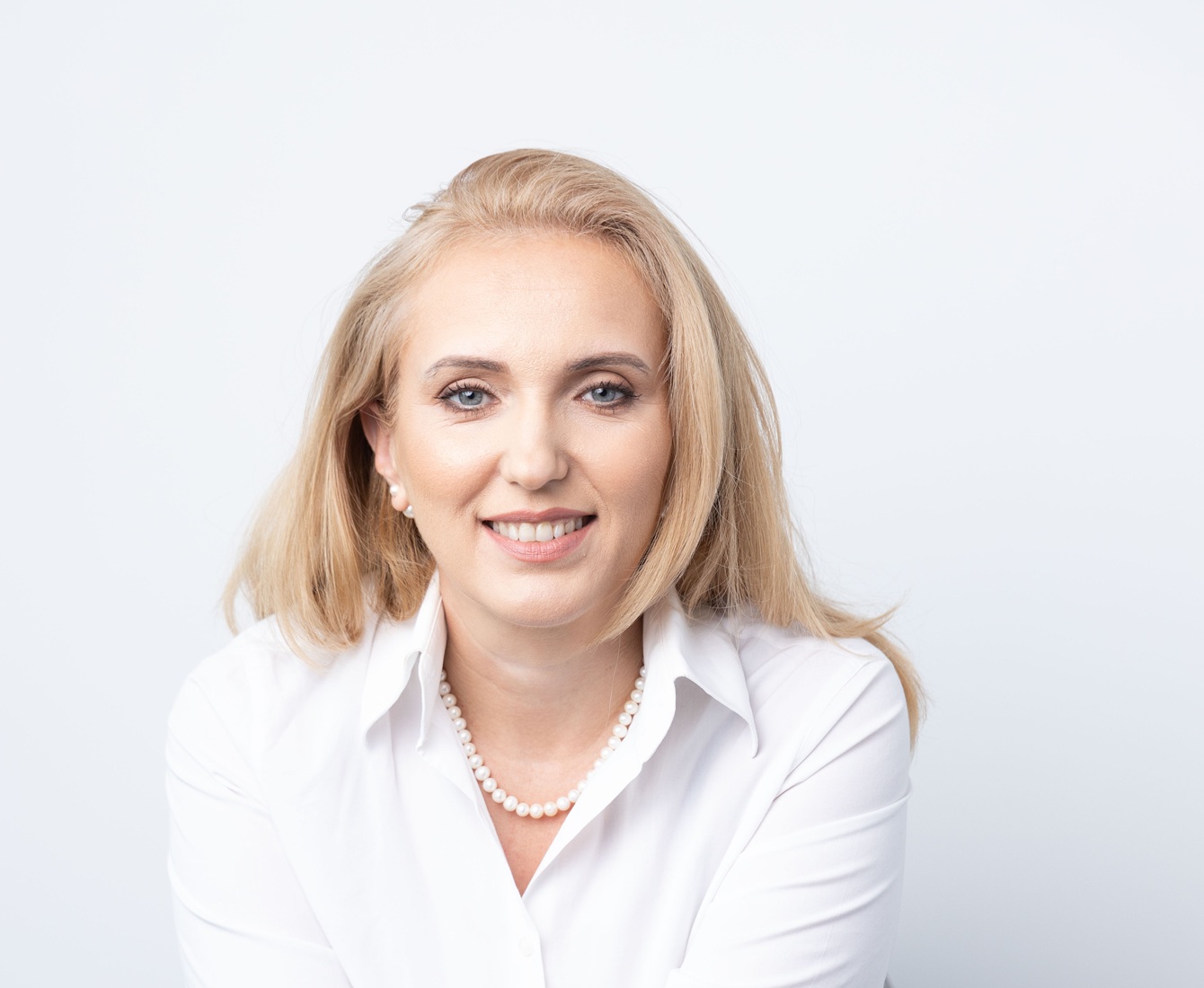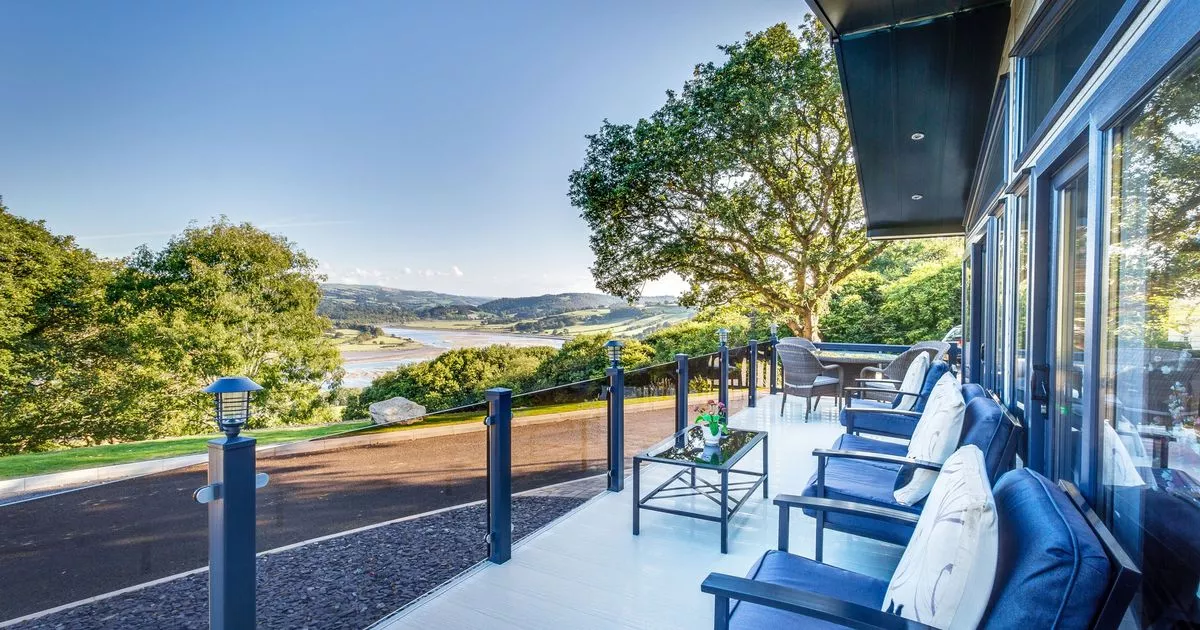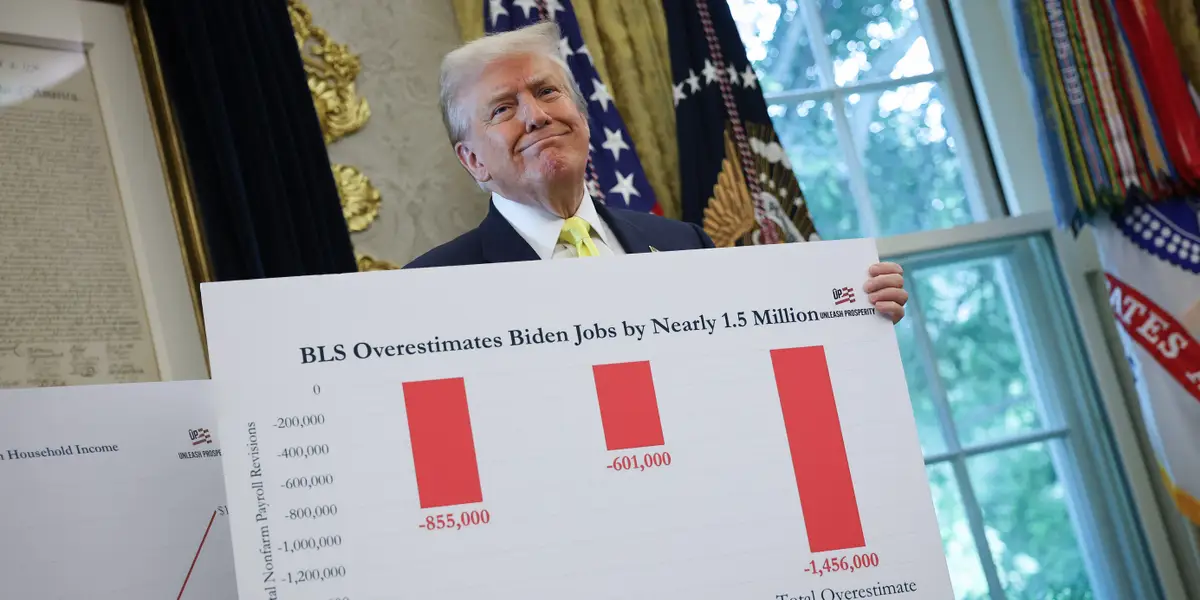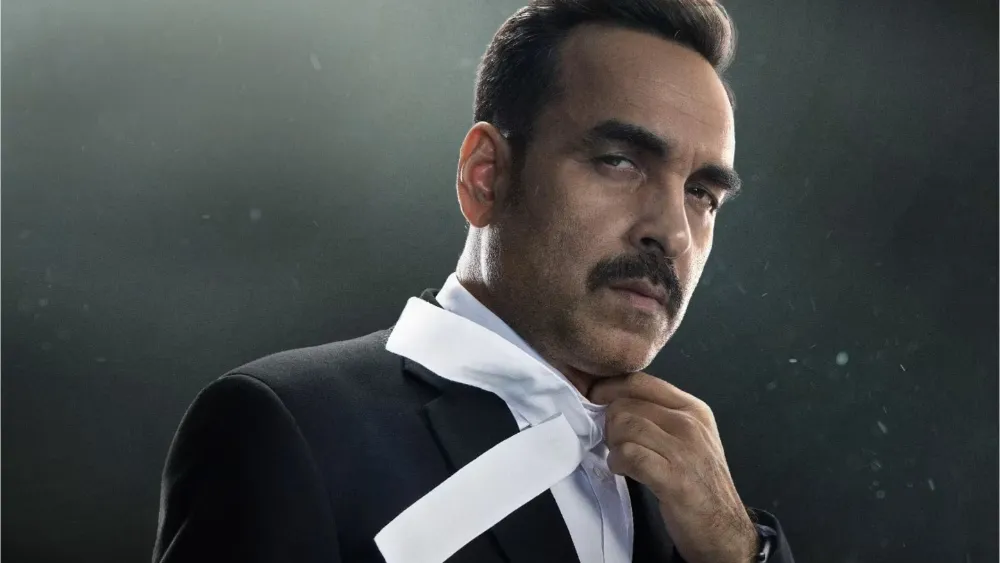Ioana Voinescu: BCR has made the transition to an integrated strategic framework in the ESG area
By Aurel Dragan
Copyright business-review

Business Review’s Environmental & Sustainability Summit 2025 takes place on 24 September at the Pullman Hotel in Bucharest, bringing together leading voices from business, government, finance, and civil society to address the defining challenge of our time: building a sustainable, resilient economy and society. Ioana Voinescu, Head of Sustainability Department at BCR, answered a few questions about sustainability.
What are the main changes brought about by the adoption of sustainability (and ESG) principles at company and business level?
Banca Comercială Romana is one of the most important players in the Romanian banking sector, part of the Erste Group, with a strong commitment to innovation, responsibility and sustainability.
In recent years, BCR has made the transition to an integrated strategic framework in the area of ESG, with a direct impact on governance, products and risk management. We have strengthened sustainability governance through a dedicated structure and the integration of ESG objectives into business decisions, in line with investor expectations and European regulations. In the area of policies and processes, we have operationalized the Responsible Finance Policy, with ESG criteria systematically applied in the analysis of corporate transactions and portfolio management.
In parallel, we accelerated reporting, compliance and alignment with CSRD/ESRS and transitioned to annual reporting with measurable and auditable indicators. Last but not least, we have invested in ESG data capabilities and training of colleagues so that decisions are data-driven and impact is real and verifiable.
What are the most important projects implemented in ESG in the last years or in the last 12 months?
On dimension E – Environment, in 2024 BCR provided over RON 2.75 billion in new sustainable financing to corporate clients, of which RON 1.1 billion went to renewable energy and ~ RON 790 million to green construction and real estate. On the retail side, sustainable mortgage lending reached 20.1% of the mortgage portfolio at end-2024. In its own operations, BCR reduced its operational CO₂ emissions by 71% compared to 2017, confirming the trend of institutional decarbonization. We developed new, innovative products: loans for photovoltaic panels based on third-party partnerships, green bonds and the integration of ESG scoring in corporate lending.
On the S-Social dimension, BCR continued its financial literacy and financial health programs, with more than 800,000 Romanians involved in financial literacy initiatives in 2024, and expanded the Sustainability Academy (together with Social Innovation Solutions), a project that trained more than 10,000 SMEs on green transition and accessing green finance.
On the operational side, the bank implemented energy efficiency and building optimization measures (e.g. performance standards, smart energy management solutions) as part of the effort to reduce consumption and carbon footprint.
How does the adoption of sustainability principles affect your business, including costs?
Adopting ESG initially involved investments in reporting systems, data collection, training and consultancy, as well as compliance costs to align with European standards. However, in the medium to long term, the benefits are clear:
Operational efficiency (lower energy consumption, better performing buildings), with a direct effect in lower recurring costs.
Increased access to capital and increased investor appetite for issuers/funders with a robust ESG profile, which reduces the cost of funding and diversifies sources of capital.
Better calibration of portfolio risk (including climate and transition risks), which stabilizes performance in volatile economic cycles and reduces reputational and compliance risks.
In short, ESG means transition costs today for resilience and competitiveness tomorrow.
What’s next for your company in terms of sustainability (what projects are you working on, what are you going to start, etc.)?
BCR maintains its accelerated course of transition, with clear public targets aligned with ERSTE Group objectives:
25% of corporate financing to be sustainable by 2026;
15% of retail mortgage portfolio to be green by 2027 (target exceeded to 20.1% in 2024);
Net Zero in operations by 2030 and Net Zero portfolio by 2050;
End coal exposure by 2030.
In execution for the coming period: expanding the range of green products (including energy efficiency solutions for corporates and population), new partnerships for the energy transition and maturing the ESG data infrastructure for reporting and risk management at transaction and portfolio level. The direction remains the same: measurable, credible and transparent impact on the economy and society.
ESG is today part of our operational DNA. Our direction is clear: we finance the energy transition, educate and support entrepreneurs and consistently reduce our carbon footprint. We set clear targets and progress is measured and reported annually.



